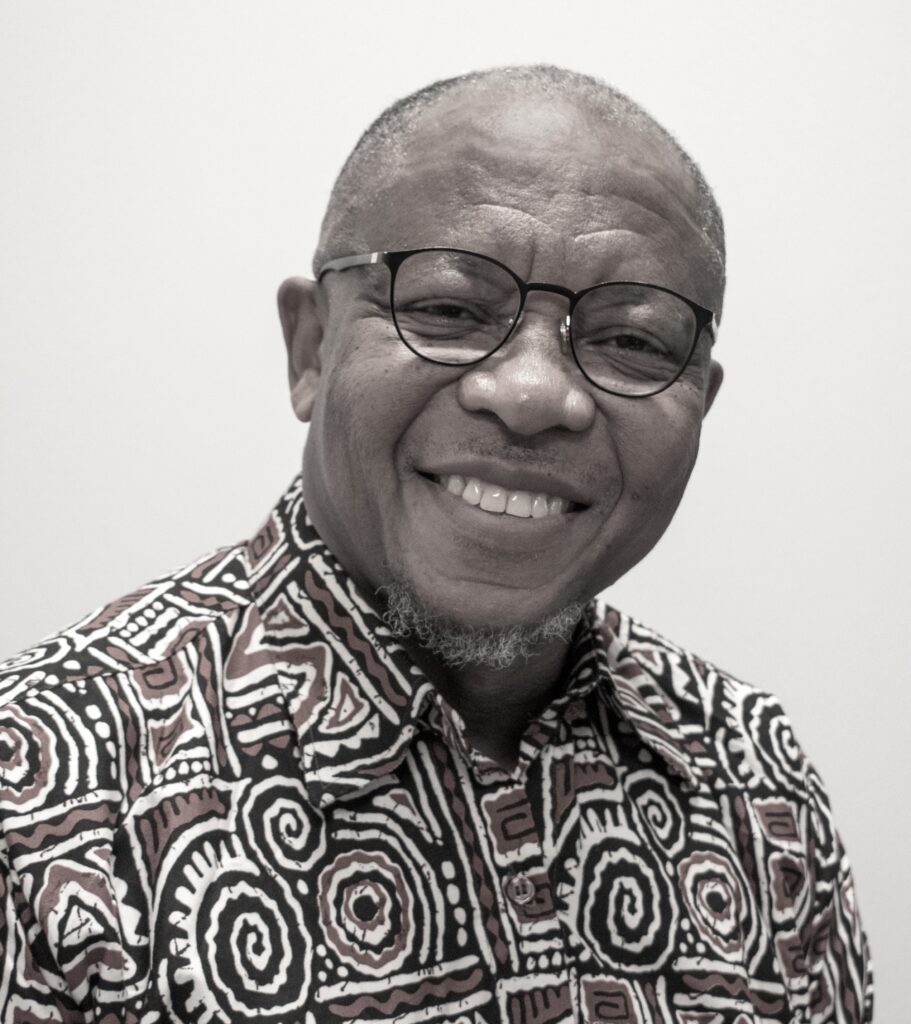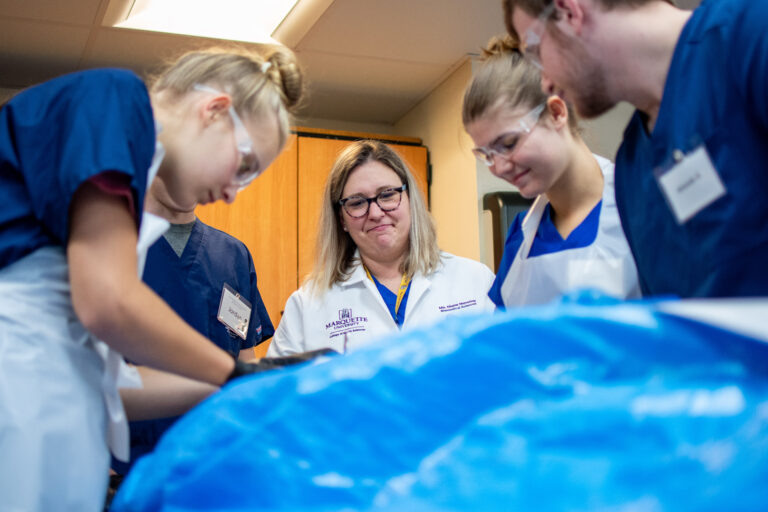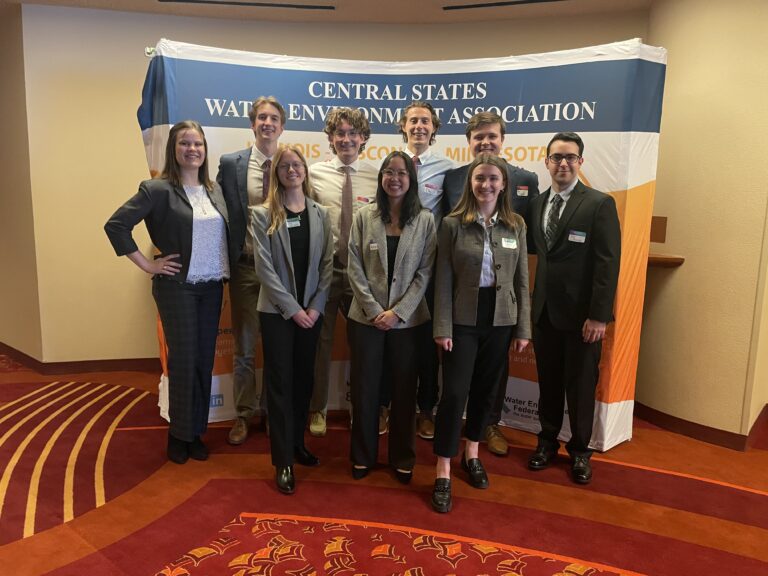The new documentary “Giannis: The Marvelous Journey” dropped on the Amazon Prime streaming service this week. Fans of the Milwaukee Bucks and the “Greek Freak,” Giannis Antetokounmpo, are getting an intimate look at the NBA superstar’s rise to fame, one they’ve likely never seen before. From the streets of Greece, where Antetokounmpo and his immigrant family sold trinkets to tourists for small amounts of cash to survive, to his path to the United States becoming one of the best basketball players in the NBA, the documentary takes a deep dive into the pain of poverty that fuels Antetokounmpo‘s drive to succeed. The film also showcases the journey of parents, Charles and Veronica Antetokounmpo, and their difficult decision to uproot their life in Nigeria and migrate to Greece in the hopes of a better life for their future children.

Dr. Chima Korieh, professor of African history and director of Africana studies, was invited to take part in the film and provide insight on what Nigerian life was like in the 1980s and ’90s. Here in a Q&A, Korieh elaborates on the filming process, how he was approached to be involved in the project, his own thoughts on the documentary and more.
I was watching the new Giannis documentary last night and all of a sudden, I saw your name and Marquette University flash across the screen. How were you approached to be involved in the documentary, and how thrilling was it for you to be a part of the filming?
I received an email from Hannah Beir, the producer of the documentary, in the fall 2023. She wanted to set up an interview with me to speak about the migration experience of Giannis’ family from Nigeria. She was specifically looking for someone to speak on what life was like for the family in Nigeria in the late 1980s and early 1990s, and why they ultimately left looking for greener pastures. I was excited to be part of the story and speak about the economic and human rights challenges faced by many Nigerians in the 1980s. The story of the Antetokounmpo family is the story of so many other Nigerians who risked everything including their lives to migrate and survive against all odds.
I was also excited about the documentary because it tells the immigrant story of an undocumented immigrant, which is an important perspective when you consider current immigration discourses in the Western World. Like many other American cities, Milwaukee is home to many of these individuals and families, and Giannis and his family are an example of how immigrants can bring positive and diverse experiences to the societies they seek to call home.
How long did the interview take and was there anything that you were surprised to find out about the filming process?
The interview took place at my home for about an hour. My living room was transformed into a studio, but it was not disruptive to my life. I have been interviewed for other documentaries in the past including, RE-EMERGING: The Jews of Nigeria.
As you mentioned in a previous answer, the beginning of the movie digs deep into Antetokounmpo’s childhood and what the conditions were like in Nigeria for his parents in the 80s and 90s before they immigrated to Greece. For people who haven’t seen the documentary yet, could you explain what the political climate and living situation would have been like for his family during that time, and why it was so important that they make the difficult decision to uproot their life and seek a more promising future in Europe?

The 1980s and 1990s were challenging times on many levels. The overthrow of Nigeria’s democratically elected government in 1983 was followed by a decade and a half of military rule. Military dictatorships have the worst human rights records and Nigeria experienced the worst of human rights abuse under the military regimes. The economy was in shambles, especially after Nigeria adopted neo-liberal economy policies prescribed by the International Monetary Fund as a condition for extending loans to Nigeria. A combination of human rights abuse and economic crisis forced many Nigerians into exile. And for those in the oil-producing areas in Nigeria, environmental activism was rife due to the failure of multi-national oil companies to adopt standards that protect the environment as is often the case in the West. So, a combination of factors made life unsafe and precarious in those years. No wonder Nigeria experienced massive outmigration in those two decades.
What was your takeaway from the film? What are some of your thoughts?
I think a major takeaway from the film is the resilience of the human spirit and the value the Igbo and other African societies place on family and community. It epitomizes the Igbo adage: “Igwe bu ike” which translates to “Unity is Strength.” Giannis and his family’s experiences reflect this philosophy.
Would you recommend this movie to others?
I recommend this movie to everyone interested in how many African families struggle to beat adversity, the skills and competencies immigrants can bring to receiving societies and the economic conditions driving contemporary migration from Africa and other societies in the South.



